“It is your duty not to burn your own house down for anger with an enemy,” said Atlanta rapper Killer Mike on May 29, after protests in his city sparked by the death of George Floyd left businesses, homes, and cars scorched. “It is your duty to fortify your own house, so that you may be a house of refuge in times of organization. And now is the time to plot, plan, strategize, organize, and mobilize.”
Killer Mike’s statement illustrates an internal struggle that has characterized other historic uprisings motivated by unanswered calls for justice. It’s a struggle between those willing to burn down property as a statement against unjust systems and those—often community leaders—who seek to redirect that rage away from destroying neighborhood goods and services and toward productive and enduring political change.
The problem, however, cannot be solved by trying to shame protestors into behaving like polite petitioners. That’s because the institutions meant to translate grievances into laws and public services have repeatedly failed Black people in crucial ways. The shameless, extrajudicial murder of George Floyd under the custody of four Minneapolis police officers is only the latest example of the unfair and unjust policing practices that have plagued the Black community for decades. One only needs to read a summary of the 1968 Kerner Commission report to see the same issues then are still unresolved: oppressive policing, segregated housing, and failing and poorly resourced schools, among others.
The problem cannot be solved by trying to shame protestors into behaving like polite petitioners. That’s because the institutions meant to translate grievances into laws and public services have repeatedly failed Black people in crucial ways.
Two changes are needed to quell disorder and prevent further destruction.
The first is respect. First and foremost, that means respecting the lives of Black people, granting them the political rights owed to the Black community by their humanity and their constitutional protections. It also means acknowledging that great wrongs will understandably provoke great anger.
A longer-term change is also required: the reevaluation of Black assets. The conflagration of community assets is occurring right now because those assets have been denied their true value. Our research has documented that homes and businesses located in Black-majority neighborhoods are significantly undervalued relative to their quality. In other words, racism has depressed the market value of property whenever it comes near Black people.
Thus, there is a cost-benefit logic undergirding why demonstrators set fire to buildings and businesses: It’s not counterintuitive to destroy property that isn’t valued by society. The devaluation of Black lives fuels the flames in our cities. To convince protestors not to burn down buildings, we must restore the value that racism has extracted from them.
In 2018, Brookings Metro research on Black housing assets found that—after controlling for factors such as housing quality, neighborhood quality, education, and crime—owner-occupied homes in Black neighborhoods are undervalued by $48,000 per home on average. In the Minneapolis/St. Paul metropolitan area—where George Floyd’s murder occurred—homes in Black neighborhoods are worth roughly 21% less than homes in white neighborhoods, or about $33,000 per home. In Killer Mike’s hometown of Atlanta, homes in Black neighborhoods are worth roughly 30% less, or about $48,000 per home. Nationwide, this disparity amounts to a whopping $156 billion in annual cumulative losses.
Let’s put that $156 billion in perspective. That amount could have started 4.4 million Black-owned businesses, based on the average capital used to start a company. It could have paid for 8.1 million four-year degrees, based on the average public university tuition. These are examples of real wealth-building opportunities that could have catapulted the Black population to greater heights.
We found similar disparities in the business sector. Minority-owned businesses in the U.S. earn significantly higher Yelp ratings than white-owned firms but lose upwards of $4 billion a year if they are located in a Black-majority neighborhood. This type of devaluation doesn’t only extract wealth from individuals—it also robs municipalities of tax revenues that could have gone toward improving infrastructure, education, and policing.
Minority-owned businesses in the U.S. earn significantly higher Yelp ratings than white-owned firms but lose upwards of $4 billion a year if they are located in a Black-majority neighborhood.
Burning community assets is a sign that people are tired of feeling valueless. One quote by Martin Luther King, Jr.—“A riot is the language of the unheard”—is repeatedly offered up during these times for a reason: Black people’s concerns are seemingly only heard when something is burning.
A faster, more effective way to keep people from burning down their own assets is to restore the value that racism has extracted from them. Those who are chiding protestors should redirect their pleas to policymakers who can do such a thing. Restoring value requires investments in people, including paying teachers more, making policing more professional, low-interest home and business loans, and education scholarships. We also must invest in the infrastructure in Black-majority spaces: transportation, school facilities, waste management, and libraries.
In the longer-term, Black people need to be able to participate in markets as equal citizens and earn levels of income and wealth consistent with their ambition and talent. That won’t happen so long as local governments are allowed to maintain segregation-producing zoning laws that exclude Black people from housing markets and keep them in isolated, poorly resourced schools and neighborhoods.
We are all tired of the racism that is taking our friends, colleagues, and family members, and no one wants the destruction or violent confrontations with police that come with it. However, if you don’t want homes and businesses burned down, we must create systems that build up Black people.
The Brookings Institution is committed to quality, independence, and impact.
We are supported by a diverse array of funders. In line with our values and policies, each Brookings publication represents the sole views of its author(s).
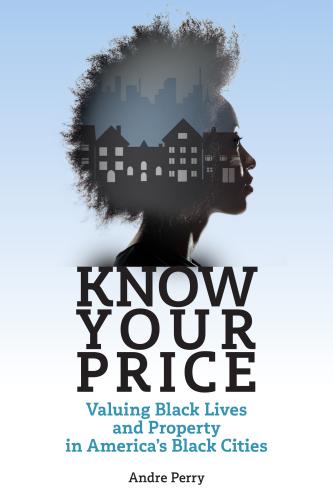
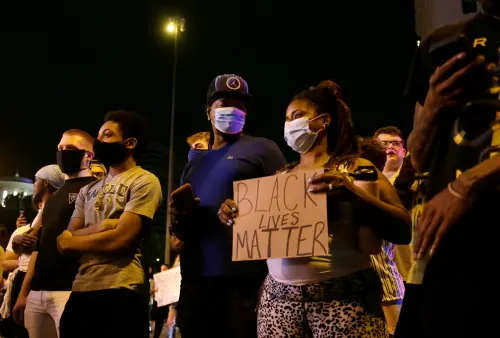

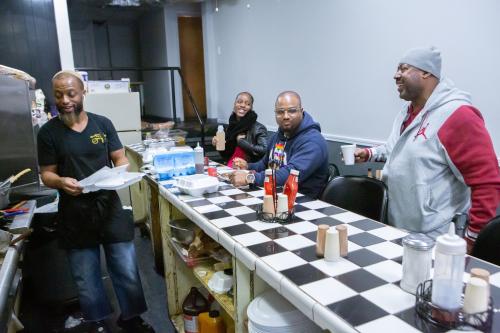
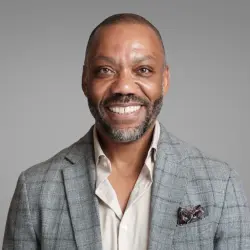


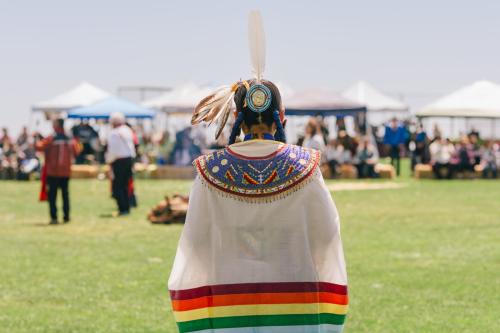
Commentary
When Black lives are valued, property becomes worth saving
June 3, 2020